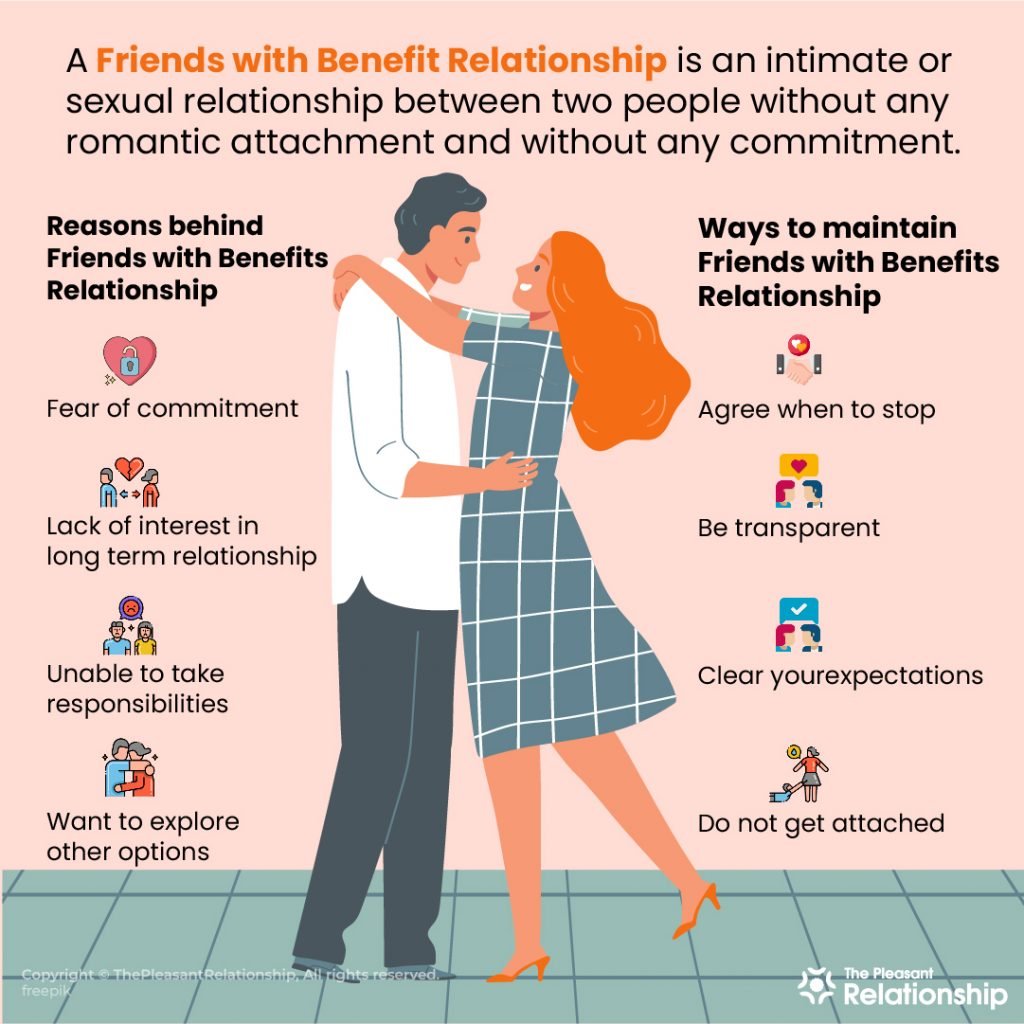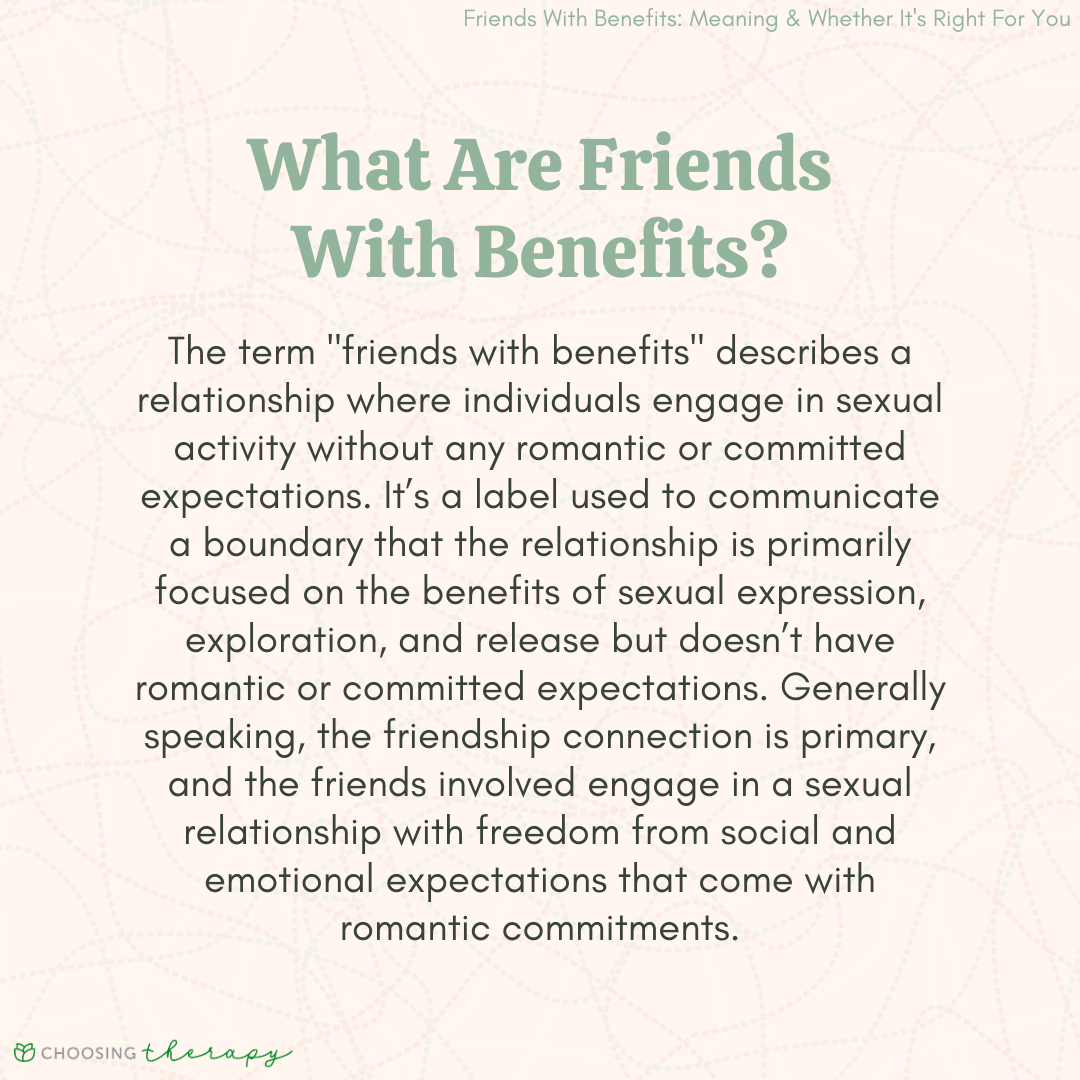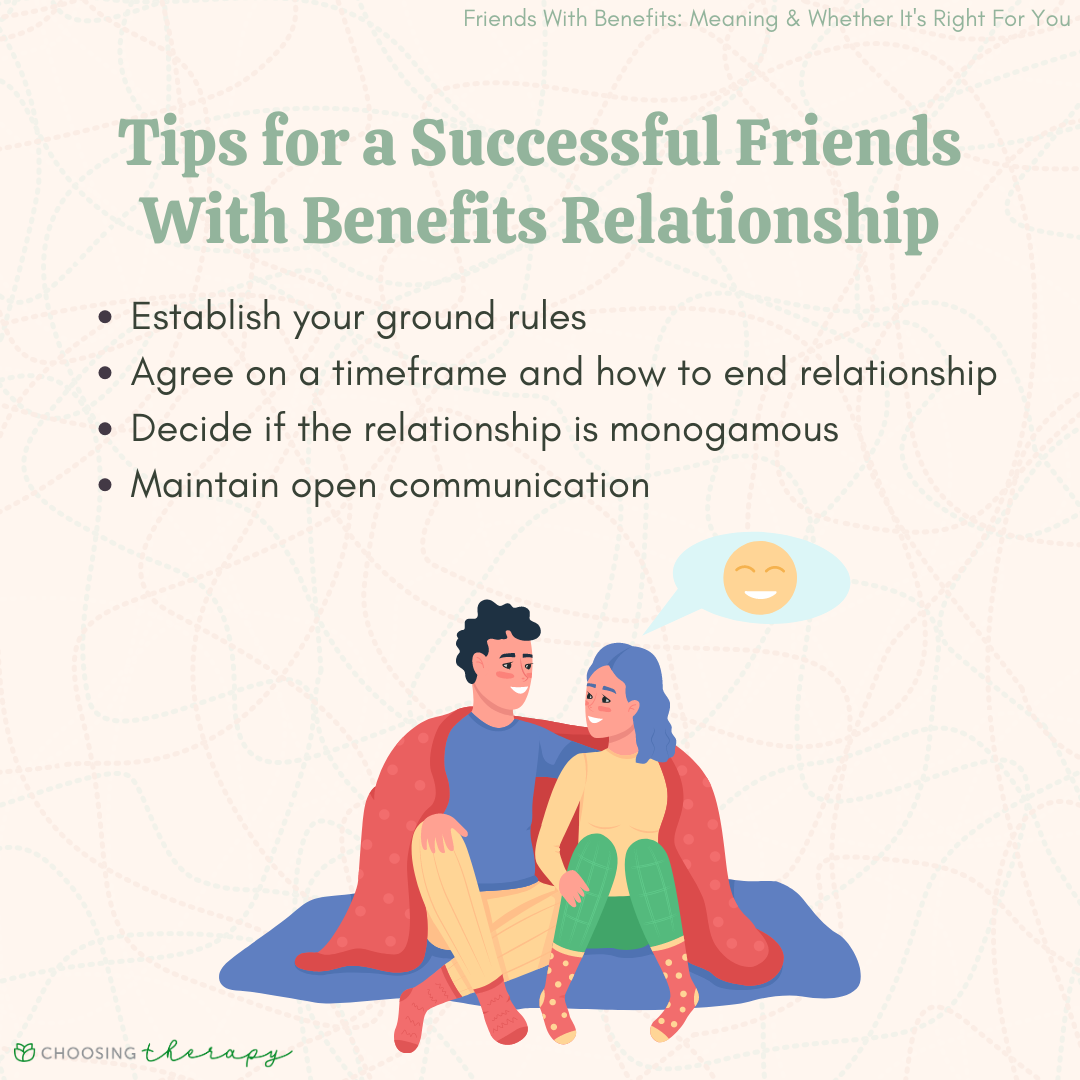Have you ever stumbled upon an initialism in a text message or online chat that left you scratching your head a little bit? Perhaps you've seen 'fiwb' pop up and wondered what on earth it could stand for. Well, you're definitely not alone in that curious moment, as this particular bit of internet shorthand has become quite common in casual digital conversations, conveying a specific, often rather informal sense. It's often what people type when they are trying to find information about something quite common in personal connections.
It's a phrase that, in some respects, pops up a lot when folks talk about certain kinds of personal connections. It points to a relationship type that's gaining a bit of popularity, perhaps because it offers a kind of easygoing approach to how people interact. You know, it's a way people refer to something that isn't quite a full-blown romantic partnership but is more than just a regular friendship. It suggests a certain kind of flexibility that many people seem to be looking for these days, especially when they might not be quite ready for something more traditional.
This discussion aims to clear up what 'fiwb meaning' truly involves, exploring its basic idea and some of the ways it shows up in real life. We'll talk about why people might choose such an arrangement and what some of the important things to keep in mind are if you find yourself considering one, or just trying to figure out what it means when someone mentions it. Basically, we're going to break down this common term and help you get a better grasp of its everyday usage, especially as it relates to personal connections.
Table of Contents
- What Does 'FIWB' Actually Mean?
- The Core Idea of FIWB Meaning
- Why Do People Choose a FIWB Arrangement?
- The Appeal of FIWB Meaning in Relationships
- What Are the Important Things to Keep in Mind with FIWB?
- Setting Clear Expectations for FIWB Meaning
- Is FIWB the Right Situation for You?
- Personal Considerations for FIWB Meaning
What Does 'FIWB' Actually Mean?
When someone mentions 'fiwb' or you see it in a message, they are almost always referring to what is commonly known as "friends with benefits." This phrase describes a kind of relationship where two people, who are already close companions, decide they also want to engage in physical intimacy, like making out or other similar activities. It's a connection that includes a physical side but without the usual romantic commitment or the expectations that typically come with a more traditional dating situation. So, it's pretty much about enjoying the physical aspect of a relationship while keeping the core connection as a friendship, without the labels or the deeper emotional ties of a romantic partnership.
The Core Idea of FIWB Meaning
The basic idea of 'fiwb meaning' boils down to a relationship between two people who are friends, but who also share what are called "benefits." These "benefits," you know, are typically the physical or sexual parts of a connection, without the romantic obligations. It's a setup where the friendship comes first, and any physical involvement is an added layer, not the main focus that leads to a committed partnership. This casual approach is what sets it apart from dating or a committed relationship. It’s a way for people to connect physically without having to navigate the often complex feelings and responsibilities that come with being a couple. Essentially, it’s about keeping things light and uncomplicated, which can be very appealing to some individuals.
Sometimes, people might come across a different interpretation of 'fwb,' which could be confused with 'fiwb.' For instance, there's a less common usage that comes from certain song lyrics, where it means to keep going despite really tough times, to brush aside people who criticize you and face difficulties head-on, sort of like pushing through and succeeding against the odds. However, when people are talking about 'fiwb meaning' in everyday conversations, especially in texts or online, they are almost certainly referring to the "friends with benefits" idea. It’s really important to keep that distinction clear, as the context usually points to the casual relationship rather than overcoming challenges. So, if you see 'fiwb,' think "friends with benefits" first.
Why Do People Choose a FIWB Arrangement?
There are several reasons why someone might opt for a 'fiwb' arrangement, or what we're calling "friends with benefits." One common reason is that people might want someone to connect with on a physical level, but they aren’t quite ready for a serious romantic commitment. Maybe they are busy with other things in their lives, like school or a job, or perhaps they've just come out of a different relationship and aren't prepared to jump into something new and serious. This kind of setup offers a way to have physical closeness without the emotional demands that often accompany a more traditional partnership. It's a bit of a middle ground, offering companionship and intimacy without the pressure of a full-blown romance.
The Appeal of FIWB Meaning in Relationships
The appeal of 'fiwb meaning' often comes from its flexibility. It allows people to have a physical connection with someone they already trust and like as a friend, without the usual "baggage" that can come with romantic relationships. You know, things like intense expectations, feelings of jealousy, or the need to define the relationship constantly. It's about enjoying the physical side of things with a close pal, without needing to label it as dating or being exclusive. This can be particularly attractive to those who value their independence or who simply aren't looking for a long-term romantic partner at a particular point in their lives. It's a way to meet certain needs without complicating existing friendships or future plans, which, in some respects, makes it a pretty straightforward option for many.
For example, some people find that this arrangement gives them a sense of freedom. They can enjoy intimacy without feeling tied down or having to report back to someone. It also means they can maintain their existing friendships without the added pressure of romantic feelings potentially messing things up. It's sort of like having the best of both worlds, where the comfort and familiarity of a friendship blend with a physical connection, all without the emotional intensity that can sometimes make relationships tricky. This flexibility is a big part of why this kind of arrangement has seen a rise in popularity, offering a distinct alternative to traditional dating models.
What Are the Important Things to Keep in Mind with FIWB?
When considering or being in a 'fiwb' situation, there are some really important things to keep in mind to help make sure everyone involved stays comfortable and avoids getting hurt. One of the biggest pieces of advice is to be incredibly clear about what each person expects from the arrangement. Because, you know, if one person thinks it's just casual and the other starts developing deeper feelings, that's where things can get a bit messy. It's not just about agreeing to the "benefits" part, but also about what happens outside of that, and how you both see the friendship aspect continuing or changing.
Setting Clear Expectations for FIWB Meaning
To really make 'fiwb meaning' work well, clear expectations and honesty between the people involved are absolutely key. This means having open conversations about what both of you are looking for, what your boundaries are, and what you definitely don't want. For example, some people believe that in a "friends with benefits" setup, you shouldn’t get jealous, and if you do, it’s generally not something you should talk about. However, that kind of unspoken rule can sometimes cause problems and distort the arrangement. It's much better to talk about these things upfront. So, being honest about your own vulnerable emotional triggers beforehand is a really good idea. This also means being clear about what happens if one person starts to feel more, or if one of you meets someone new and wants to pursue a more traditional relationship. It’s all about communication, actually, to make sure everyone is on the same page.
Think about it this way: if one person in the arrangement starts to feel a sense of discomfort, as the provided text mentions, it’s a sign that a conversation is needed to clarify the situation. Ignoring these feelings can lead to misunderstandings and hurt feelings down the line. It's about respecting each other as friends first and foremost, and that respect extends to being open about your emotions, even the tricky ones. The goal is to keep the friendship intact and positive, even if the "benefits" part of the relationship changes or stops. This kind of open dialogue helps to protect the friendship, which is, after all, the foundation of a "friends with benefits" connection. It's pretty much a continuous conversation, you know?
Is FIWB the Right Situation for You?
Figuring out if a 'fiwb' arrangement is a good fit for you personally is a really important step. It's not for everyone, and what works for one person might not work for another. The text mentions that experts share tips to make this a healthy type of relationship, and part of that health comes from understanding your own emotional makeup. You have to be pretty honest with yourself about whether you can truly separate physical intimacy from deeper romantic feelings. Some people find this separation very easy, while for others, it can be a real challenge. It's about knowing your own heart and what you can handle without getting emotionally tangled up.
Personal Considerations for FIWB Meaning
When thinking about 'fiwb meaning' in your own life, you should consider what you truly want from your connections with people. Are you genuinely okay with a relationship that has no romantic commitment? Can you handle seeing your friend potentially dating other people without feeling jealous or possessive? These are very real questions to ask yourself. The flexibility of this kind of setup is appealing, but it also requires a certain level of emotional maturity and self-awareness. It's about being able to manage your own expectations and feelings, and to communicate those clearly to the other person. If you're someone who tends to form strong emotional attachments quickly, this kind of arrangement might carry more risks for you than for someone else. So, it's pretty much a personal decision, and there's no right or wrong answer, just what's right for you.
It's also worth thinking about how this arrangement might affect your friendship in the long run. While the idea is to keep the friendship intact, adding a physical element can sometimes change the dynamic in unexpected ways. Will you still be able to confide in each other about personal matters, including other relationships, in the same way? Will things feel awkward if the "benefits" part ends? These are all things to ponder before jumping into a 'fiwb' situation. The goal, after all, is to avoid hurt and to maintain a good relationship with your friend, whether or not the physical aspect continues. So, a little bit of self-reflection goes a long way here, to be honest.
In summary, the 'fiwb meaning' typically refers to "friends with benefits," a relationship where two friends engage in physical intimacy without romantic commitment. This arrangement is popular for its flexibility and ability to provide connection without the usual demands of a romantic partnership. However, for a healthy 'fiwb' relationship, clear communication, honesty about expectations, and an understanding of one's own emotional boundaries are very important. It is a personal choice that requires careful consideration to avoid potential emotional complications and to preserve the underlying friendship.


